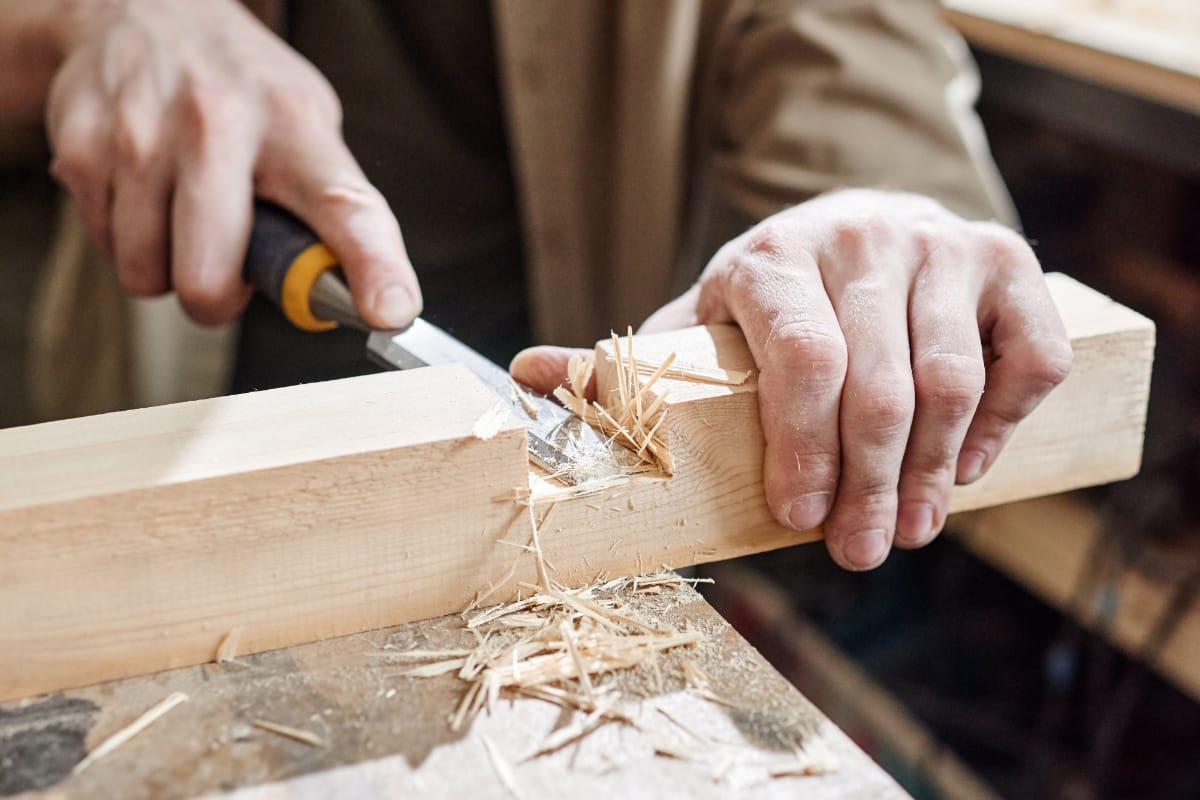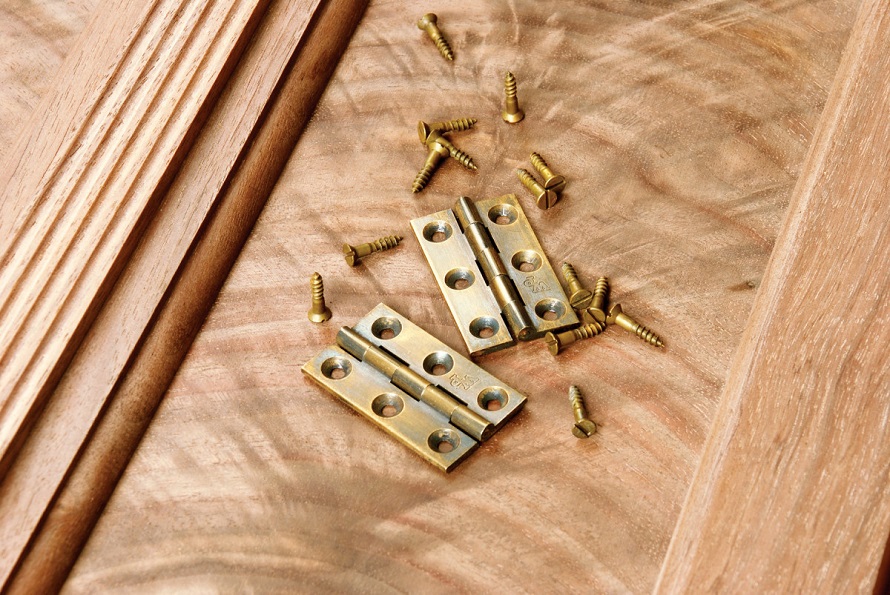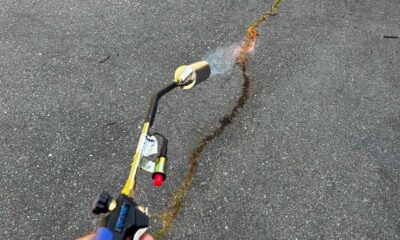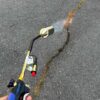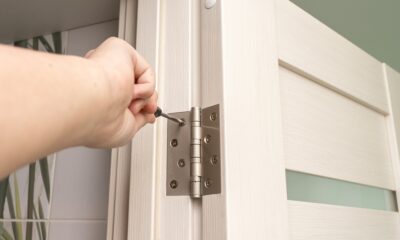Industry
Woodworking 101: Must-Have Tools for Beginner Woodworkers
Woodworking is an enriching hobby that blends creativity with craftsmanship, but starting can feel overwhelming. For beginners it can be a bit tricky, getting to know all the tools and the gadgets and it’s easy to get lost in the hardware store, unsure of which tools are the absolute must-haves. Whether you’re planning to make small furniture or intricate woodwork or you just want to create something with your own hands, this guide is here to help you understand what you need. So, let’s dive into the basic tools that are needed to get you started on your journey.
Glue
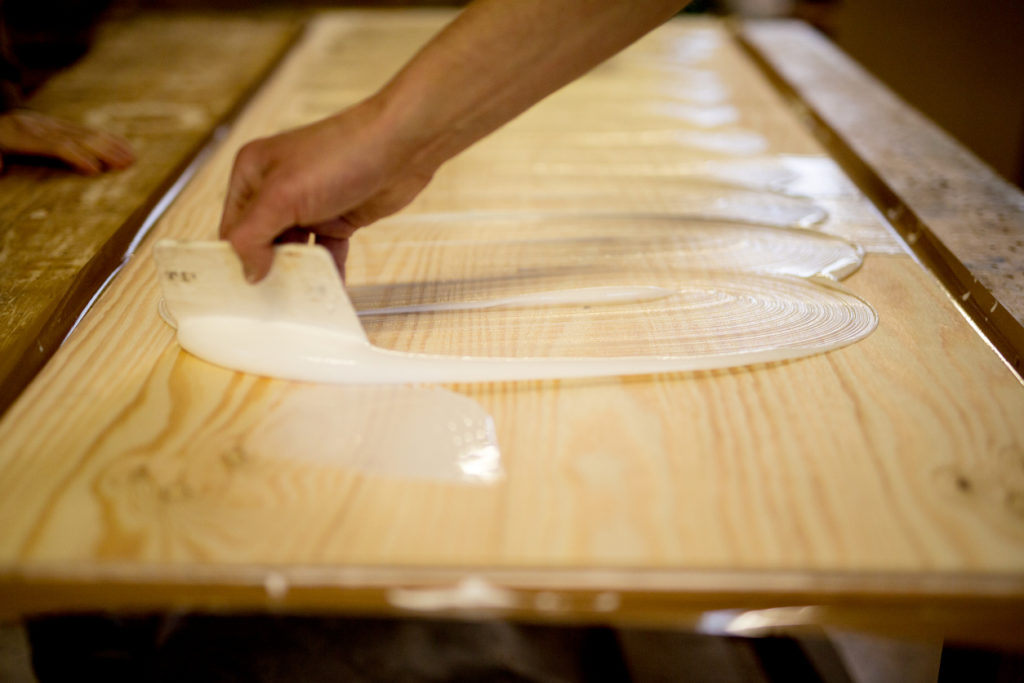
Source: gluemachinery.com
You might be wondering why glue is the first on the list, but between all the cutting and sanding you will be doing, glue is the thing that keeps it all together, literally. One of the most common glue used in woodworking is the reliable PVA glue What does PVA stand for? It stands for polyvinyl acetate and it’s a colourless, odourless resin that’s used in many things, including glue. So, PVA glue is the classic white glue that dries clear and forms a strong bond between wooden surfaces. It’s great for beginners because it’s easy to use, but it also has some great advantages over other adhesives.
What’s great about this glue is that it’s water-based, making it non-toxic and easy to clean up with just soap and water before it dries, making it incredibly user-friendly even for beginners who are yet to learn all the tricks when it comes to woodworking. It’s also budget-friendly, so you don’t need to worry about breaking the bank when stocking up on this crucial item.
It dries clear, which is a massive bonus for projects where the colour of the finish is key. But perhaps the biggest advantage is the fact that this glue is resistant to mould, bacteria and fungi, making it a durable choice for various applications. While it is not waterproof, it still offers some excellent resistance to normal humidity cycles.
Using this glue is pretty straightforward. First, you apply a thin, even layer to the surfaces you want to bond. Then, bring the pieces together and clamp them for at least 30 minutes, allowing the glue to set.
Then, you can either cure the glue, or if not you need to leave the clamps on for at least 24 hours. Then, sand off any excess dried glue and you have yourself a glued piece of woodwork. Just be careful while sanding not to damage the wood underneath.
Marking and Measuring Tools
Precision is everything in woodworking. Without accurate measurements, even the simplest project can go off the rails pretty quickly. This is why marking and measuring tools are a beginner’s best friend. You’ll find yourself relying on tools like tape measure, marking knives and pencils. While they seem basic, they have a crucial role in ensuring that your pieces fit together perfectly. A marking knife is a brilliant tool for making precise lines on wood, especially when compared to a regular pencil. The knife makes a crips line that guides your saw or chisel for a clean cut.
Square and Bevel Gauge
These tools are like seeing eye dogs for your marking knife. They ensure that your layout lines are exactly 90° or at whatever angle you choose. The square is a simple tool but an essential one for making sure your cuts are precise. The bevel gauge helps you with angles that aren’t necessarily 90 degrees., so if you’re working on projects that require angled cuts, this is the tool that you need.
Hand Tools
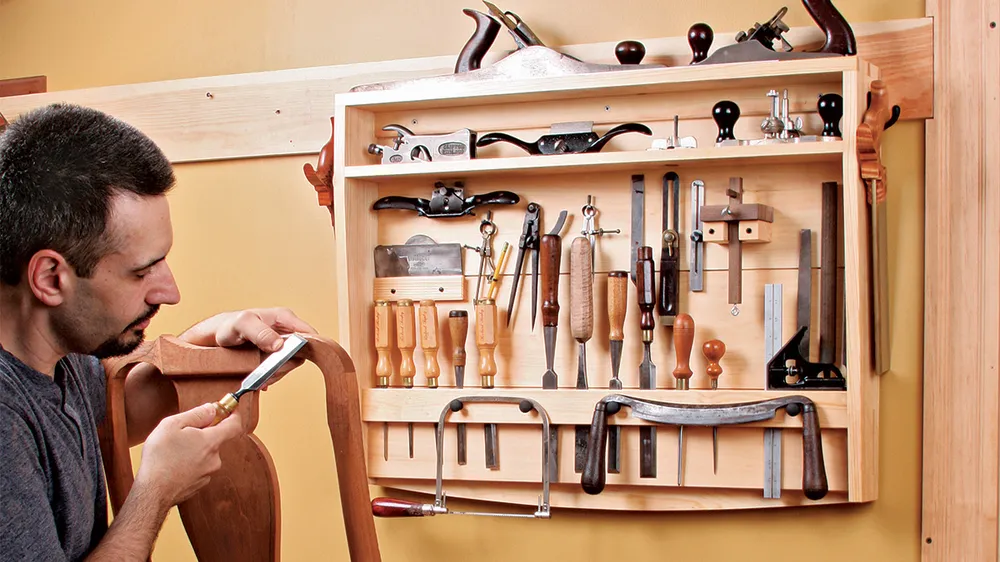
Source: jcblhandtools.com
No woodworking kit is complete without a few hand tools. While power tools are very convenient, hand tools offer a level of precision and craftsmanship that’s hard to beat, especially for beginners who are still developing their skills. Let’s have a closer look at some of the essentials.
The chisels are a must-have for any woodworker. They come in various sizes and they are used for tasks such as carving, shaping and even cutting out joints. It’s important to keep them sharp because a dull chisel can slip and ruin your work, not to mention pose a safety risk. Then you’ll need a mallet to strike them.
There are wooden mallets that are the preferred type because they provide control and won’t damage the tools. You’ll also need a hammer for tasks like tapping in nails or adjusting pieces.
Hand saws are another essential tool. For beginners a universal handsaw is a great option because it’s versatile and easy to use, giving you the control you need when making straight or angled cuts. And, finally, sharpening tools. These tools should be a part of your kit so that you can keep your chisels, hands saws and other tools sharp. Sharp tools make cleaner cuts and are safer than dull ones.
Starting in woodworking can feel like a steep learning curve, but with the right tools, you’ll be well on your way to crafting pieces you can be proud of. From the trusty PVA glue that holds your projects together to the precision tools, these essentials form the backbone of any woodworking setup.


